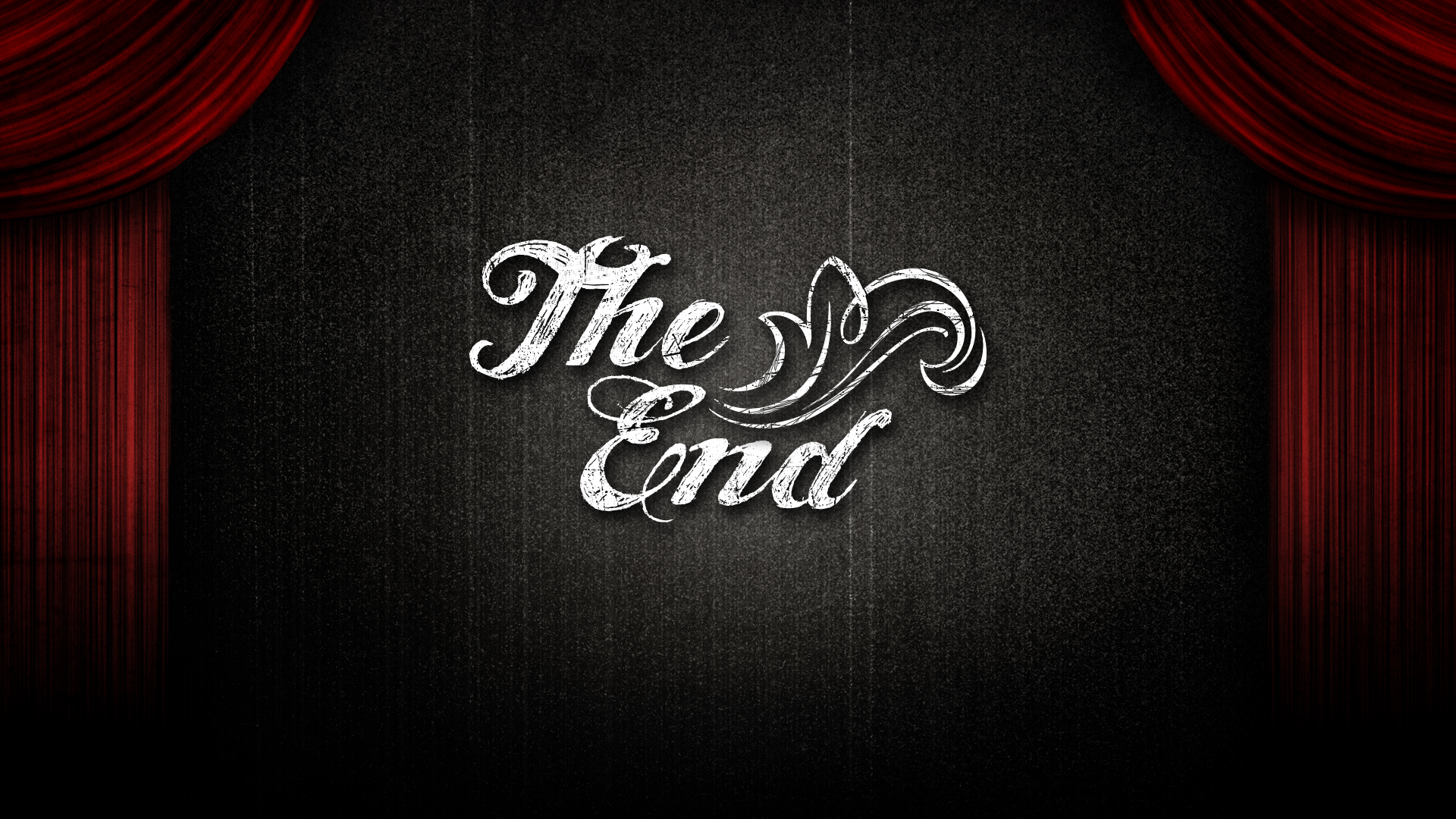Tell My story:
“Lord, what exactly is my assignment?”
The world needs to understand My story, or at least to understand it better.
I have given parts of the story to different people at different times. The whole now needs to be told. Your effort will be part of telling that whole story.
“Do You want people to piece the whole together out of the parts?”
What I most want is for people to listen to Me.
“And to listen to what You have told various people over the ages?”
Yes, that is part of listening to Me.
“What exactly do You want me to write?”
God: An Autobiography. My story is the history of Me—how I came to be.
“The story of your interactions with various peoples?”
That but not only that. Tell it from My point of view, not the history of people’s experience of God.
“Lord, the total story of Your interaction with people would be too vast.”
No, all history is selective. Use a different word—like episodes—if you like.
But it is history in the sense of being chronological, developmental, and dramatic in some sense. There is a subjective point of view (Myself), intentions and concerns for the future, regrets about the past, and so forth.
“What are the materials for this history? The great religious texts?”
Yes, of course. That is one side of the human-divine (interaction), like hearing one end of a telephone conversation.
So that is one starting point. But there are others as well, and I have been leading you to them—the physical record, the geological record, the biological development, the stars and galaxies, time and creation, and so on.
And I will tell you many things Myself—that is the “new revelation” aspect. Nothing overly dramatic there—I reveal Myself all the time.
“So I should read the scriptures of the major religions?”
Yes, I want you to read the early spiritual history of mankind. I will lead you to which readings. I would like you to pray as you read them and take notes as directed.
I grew up at a time when “man” and “mankind” referred to both men and women, and God spoke to me in my own vernacular.
“Lord, You said I was to tell Your story ‘from the inside out.’ But reading the scriptures is ‘from the outside in.’”
Yes, tell My story as I tell it to you. The only purpose for reading is to give you reference points for understanding My story.
“Lord, if I am going to ‘get into Your head,’ it would be helpful to know what You are up to, what Your ultimate goal is.”
No, your job is not to “get into My head.” Remember, I am telling you what is “in My head.” You are not trying to empathize with a fictional or historical character. You have the living Person right here, and I will tell you.
“But, as I prepare for the work …”
You are making this falsely complicated because you are not trusting Me.
You think you will have to do this on your own by deciphering the cultural forms and so forth. But it is exquisitely simple. You ask Me what you are to read or to study. And then You ask Me what I was up to in relation to what you are reading or studying. And you don’t need to worry about the total compass or overall story, because I will lead you item by item.
“Lord, how should I approach the ancient scriptures?”
Get into the frame of mind for reading the (particular) work. That frame of mind is reverential, quiet, respectful, open-hearted. It does not consist of analyzing metaphors and stories of gods. Just take in what comes to you.


